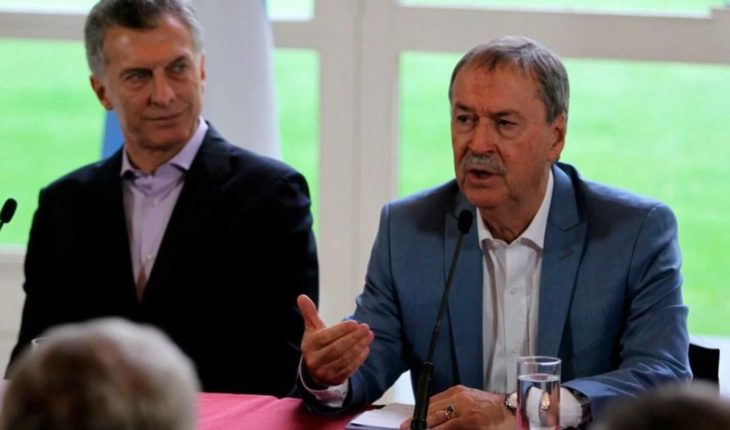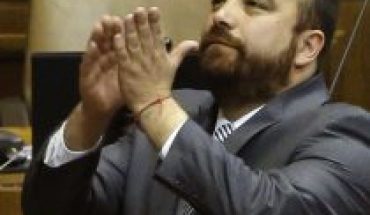Eighth electoral call of the 2019, third governorate to be defined and first province in importance at the moment. Both from a political and quantitative viewpoint, and regardless of the results to be traveled, this Sunday’s elections in Cordoba will be decisive both in the armed opposition national electoral and for the alliance to change. Concentrating 8.7% of the Voter registration with 2,889,973 of voters, the province is presented as the second most electoral weight behind Buenos Aires. Similarly, the antecedent of the last presidential ballotage marks this enclosure as a key stop in the genesis and arrival at the Casa Rosada for Macri and Compañía. Specifically, this Sunday will take place two parallel elections: on the one hand, the province of Cordoba choose between one of the 13 alternatives for new governor, the 70 provincial deputies of the Congress and the 3 members of the Court of Auditors.
Similarly, the city of Córdoba votes for new Intendencia, while the 31 councillors and 5 members of the Court of Auditors will be defined.
As in 2011 and 2015, this Sunday will be used for the third consecutive time the single ballot system (BUS). To know how to use the BUS click here. Governor candidates and Lieutenant Governor
We do for Cordoba: Juan Schiaretti-Manuel Calvo.
Cordoba changes: Mario Negri-Héctor Baldassi.
Radical Civic Union: Ramón Mestre-Carlos Briner.
Neighborhood meeting Córdoba: Aurelio García Elorrio-Marisa Arias.
Left front and workers: Liliana Olivero-Pablo Musso
We advance Cordoba in values: Alberto Beto Beltrán-María Eugenia Gordillo.
In addition to these six main spaces, they complete the list of 13 candidatures the following fronts: socialist movement of the Workers (Luciana Echevarría); Movement to Socialism (Eduardo Mulhall); Country Party (Orlando Sella); Ucedé (Carlos Blanco); Humanist Party (Fernando Shüle); Movement of Neighborhood Action (Kassen Dandach) and Citizen Union (Agustín Spacessi). Political implications for Peronism
Remember that prior to this call, 127 localities of the provincial interior already attended the ballot box to define their local authorities for the next four years. In 14 of them, there was a single list so it was not necessary to carry out the electoral Act. The last 14th of April, the Cordoban Peronism recovered 28 municipalities and communes that were in the hands of other parties. In this sense, he lost only one of the 18 locations that was represented by the Unión-Córdoba space.
In the face of this Sunday everything makes believe that the victory of Juan Schiaretti, current governor of the province, is discounted. A member of the Federal alternative space and with the deadline for presidential candidacies on the horizon (22/6), we will have to pay attention to the message of a figure that appears solid in a key electorate. The national cost to change
In the presidential elections of the year 2015, in addition to the already historical Buenos Aires Bastion, Mauricio Macri obtained his greatest margins of victory in the cases of Córdoba and San Luis, provinces at the moment governed by Peronist references like De la Sota and Rodríguez Saá. In this sense, Macri’s victory over Scioli in Córdoba was 71.51% to 28.49%. This percentage difference of 43.02 points moved markedly to the 678,774 wills with which the leader of change obtained his national victory. Illustrative of the partisan times that run, the policy of change in this enclosure has been less untidy if we take as reference the two separate candidacies that are presented. Mario Negri and Ramón Mestre represent the transfer of the alliance’s internal tensions to a key district for the presidential elections.
Just as the marching of the economy in national terms affects the provincial electoral performance, the results obtained in this stop will surely contribute to build a state of situation, not irreversible but considerable, on the next National elections. In this sense, who occupies that position and how this happens will be the point to take into consideration in a government alliance that on May 27th within the framework of the National Convention of the UCR will have its litmus test. In this note:





